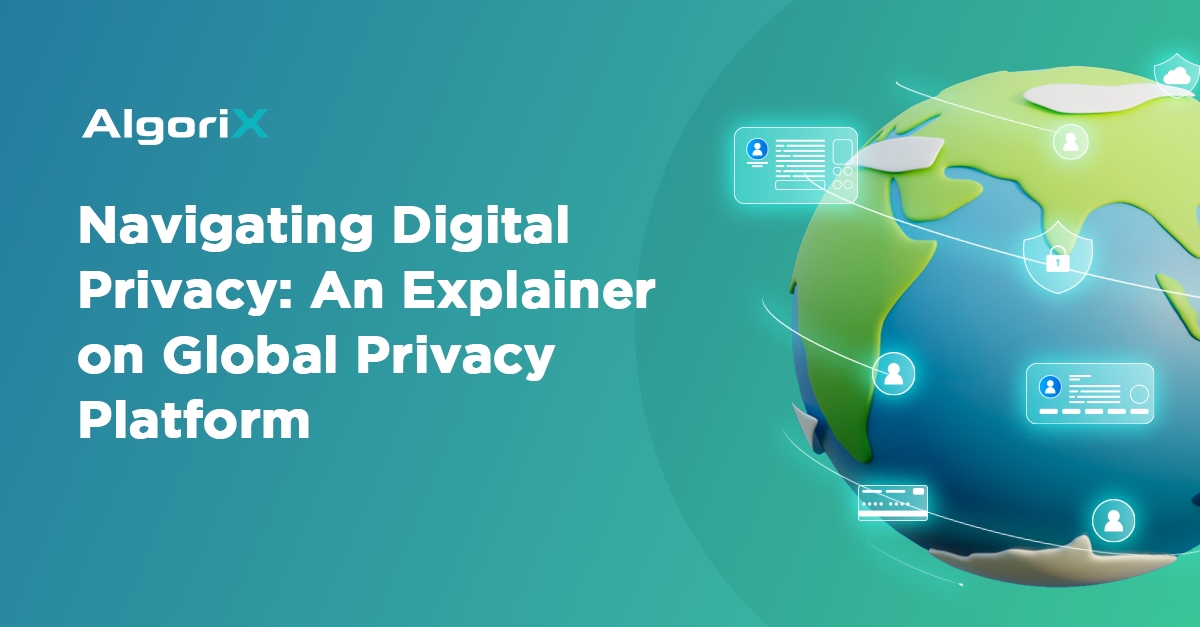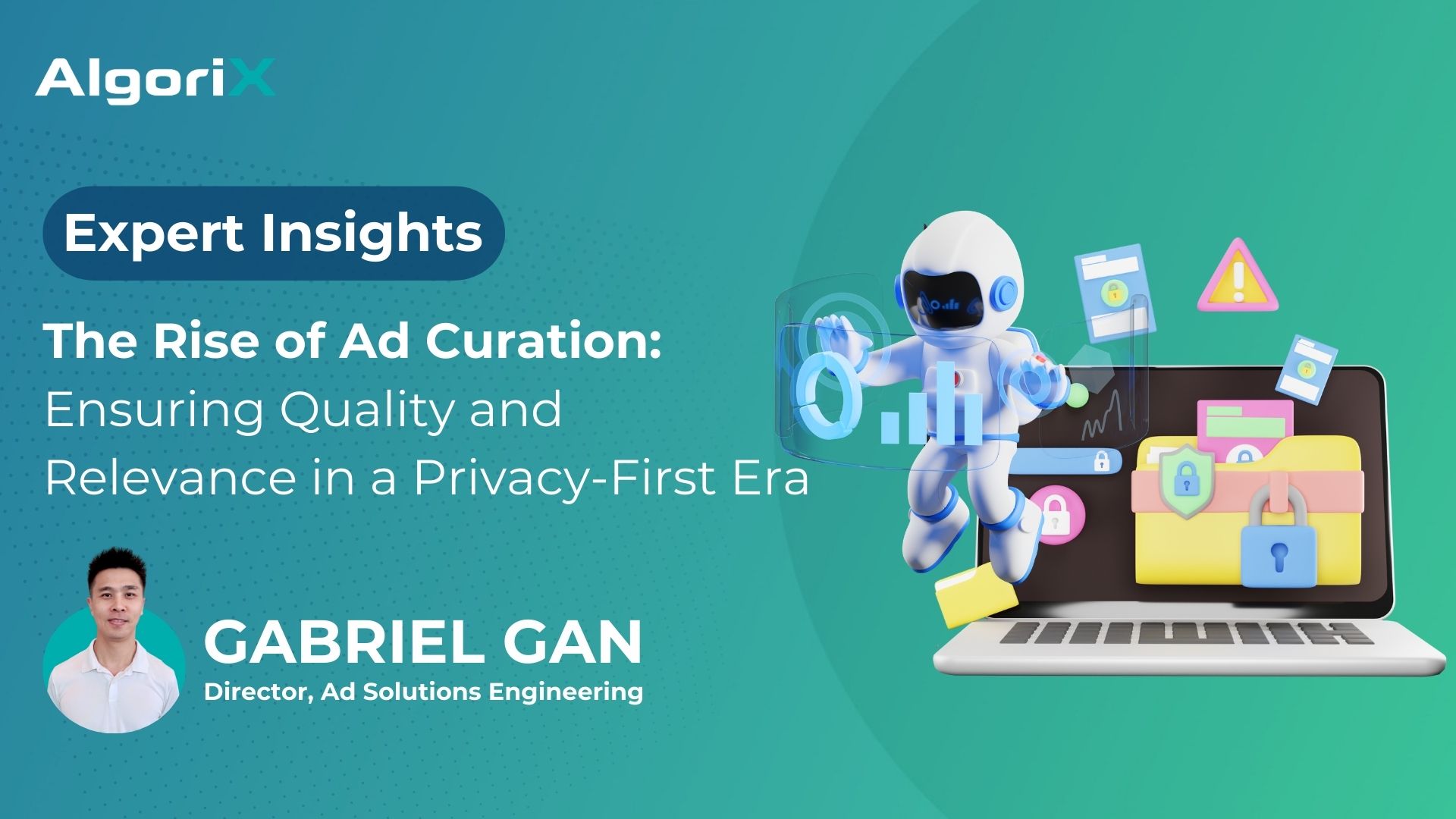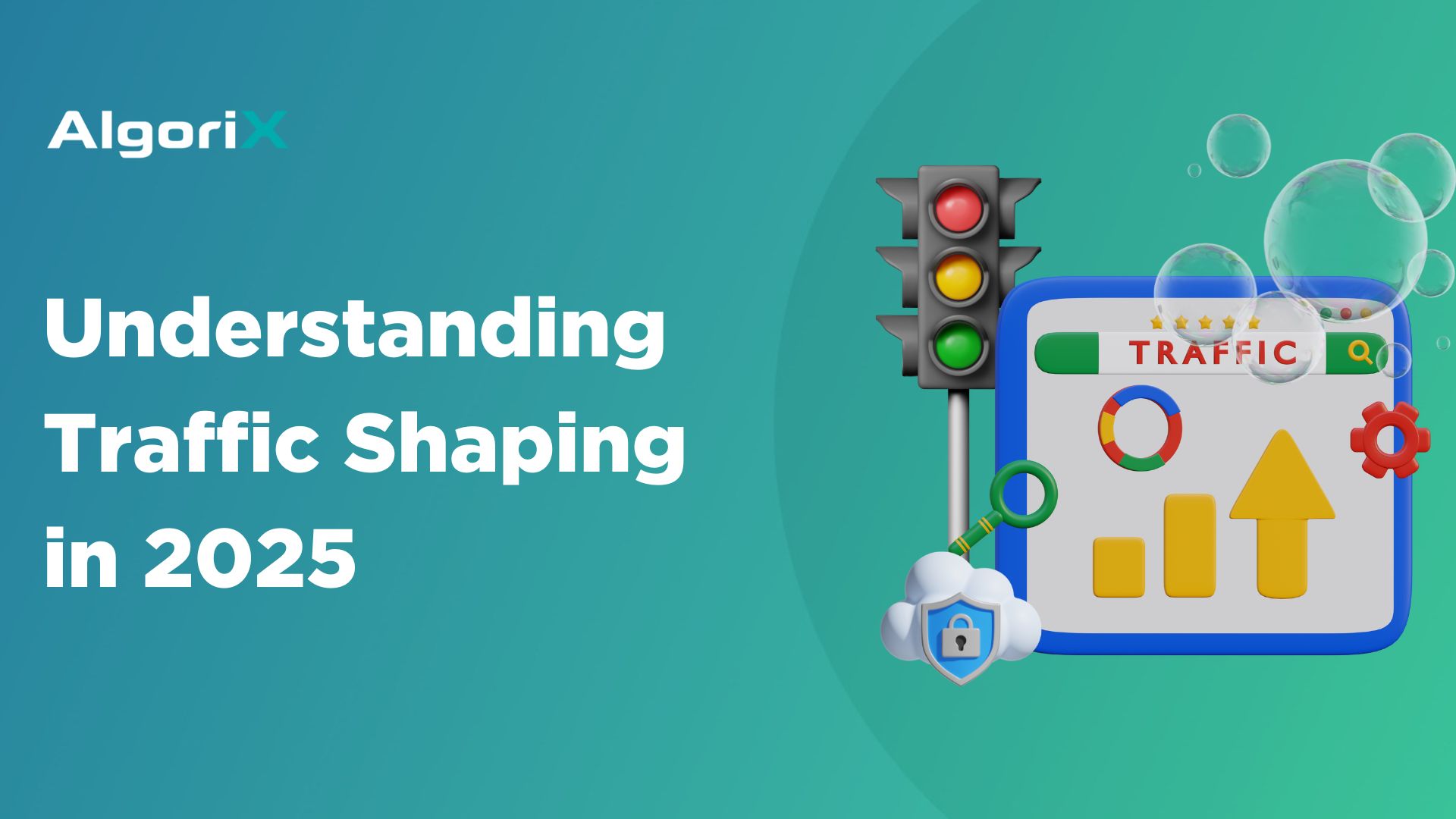Protecting data privacy is vital in today’s digital era, primarily to uphold individual rights and maintain personal autonomy, allowing individuals to control their personal information. It fosters trust in digital platforms, essential for the healthy functioning of the digital economy.
For businesses, it’s not just about legal compliance with regulations but also about maintaining customer trust and loyalty. Data breaches can result in significant financial and reputational damage.
In a globally connected world, respecting diverse legal and cultural expectations about privacy becomes increasingly important. It becomes a must as we all embrace global digital interactions.
This is where the global privacy platform comes in.
Understanding the Global Privacy Platform (GPP)
The Global Privacy Platform (GPP) is a vital initiative designed by the Interactive Advertising Bureau (IAB) Tech Lab to harmonize data privacy practices across international borders, addressing the challenges posed by the digital economy’s global nature.
The goal is to provide a sustainable way for the digital advertising industry to adapt to existing privacy regulations and adopt new ones.
As data flows seamlessly across nations, different countries’ diverse and often conflicting privacy laws create significant operational complexities for businesses.
The GPP seeks to unify these regulations under a singular framework, simplifying compliance for multinational corporations and online services.
Components of the GPP: String and CMP APIs
The GPP is a protocol and set of APIs that enable digital advertising supply chain participants to signal user privacy consent and choice.
It features a GPP string for communicating user privacy preferences across jurisdictions and Consent Management Platform (CMP) APIs for exposing and retrieving privacy signal details. This platform aims to reduce costs by eliminating the need for different, bespoke technologies for privacy signaling for each jurisdiction and digital media channel.
The String API functions as the backbone of the GPP, facilitating the standardized communication of privacy preferences across systems and borders. It ensures that all platforms and services adhering to the GPP understand and respect a user’s privacy settings, irrespective of location.
The CMP APIs provide a standardized method for those involved in digital advertising to share and access details about user privacy preferences. These APIs act as a connector for already existing privacy settings. When it comes to new privacy requirements, there’s no need to create an entirely new API or write new JavaScript code.
Instead, only specific commands relevant to that particular jurisdiction must be added. This makes adapting to different privacy regulations easier without overhauling the entire system.
Key Points:
- GPP String: Serving as the GPP’s communication backbone, it holds pertinent information about transparency and consumer choice and encoded as it applies for each supported regional or other signal.
- CMP API: Uniform method to manage and access user privacy choices without needing major code changes.
- Benefits: Streamlines privacy settings and enhances user trust.
The Role of the Multi-State Privacy Agreement (MSPA)
The MSPA, a framework that aligns various state-level privacy laws in the United States, potentially intersects with the GPP in its approach to data protection and privacy standards.
The GPP, with its international scope, offers a set of global privacy standards that could serve as a benchmark or influence for MSPA states. It could possibly lead to the adoption of more unified and robust privacy practices across these jurisdictions.
Gartner predicted that 65% of the world’s population would have data covered under modern privacy regulations by 2023. This indicates a rapid adoption of privacy-centric frameworks.
Under the MSPA, businesses and organizations must adhere to a set of agreed-upon standards for data protection and privacy. This ensures consistency in their practices worldwide.
This uniformity reduces the legal and operational complexities for companies operating in multiple jurisdictions. It allows them to focus on innovation and growth without being hindered by disparate privacy laws.
Compliance Deadline and Industry Adaptation
With the compliance deadline for the GPP fast approaching, industries across the spectrum are gearing up to align their practices with the new standards. The deadline serves as a critical juncture for companies to evaluate and revamp their data handling and privacy practices. Businesses must integrate the GPP’s components into their systems, including the GPP String and CMP API, ensuring they can effectively manage and communicate privacy preferences.
The adaptation process involves a comprehensive audit of existing data practices, staff training, and implementing new technologies compliant with the GPP. This transition, while challenging, offers long-term benefits in terms of enhanced consumer trust and streamlined operations in a global context.
For its part, AlgoriX is working to support GPP in meeting the compliance deadline, which is slated for January 31st of this year.
In demonstrating a commitment to these evolving standards, AlgoriX has positioned itself at the forefront of privacy compliance by becoming a signatory of the MSPA. This move by AlgoriX aligns with global trends and underscores the company’s dedication to upholding high data privacy and protection standards.
By proactively adapting to these international regulations, AlgoriX exemplifies a forward-thinking approach to addressing the complexities of modern data privacy.
Enhance Commitment to Data Protection and Global Privacy
The Global Privacy Platform marks a significant step forward in digital privacy. By providing a standardized, cross-border framework, the GPP simplifies the intricacies of data privacy compliance for businesses while safeguarding individual rights.
As the compliance deadline approaches, the industry’s ability to adapt will be crucial in shaping a future where digital innovation and privacy coexist harmoniously.
Understanding and embracing the GPP is more than a legal necessity. It is the responsibility of all stakeholders.













